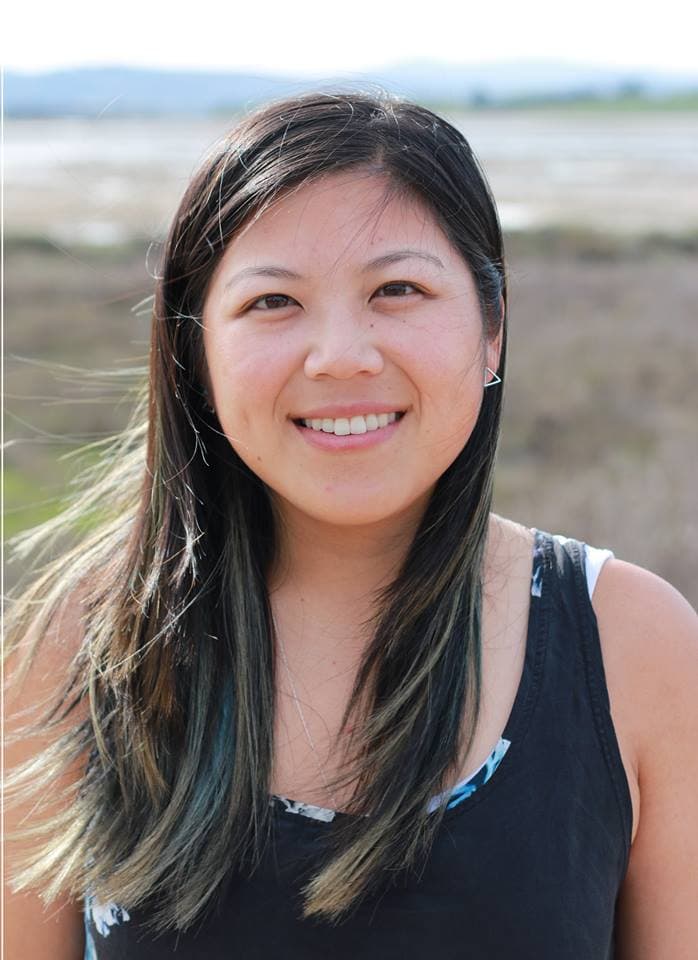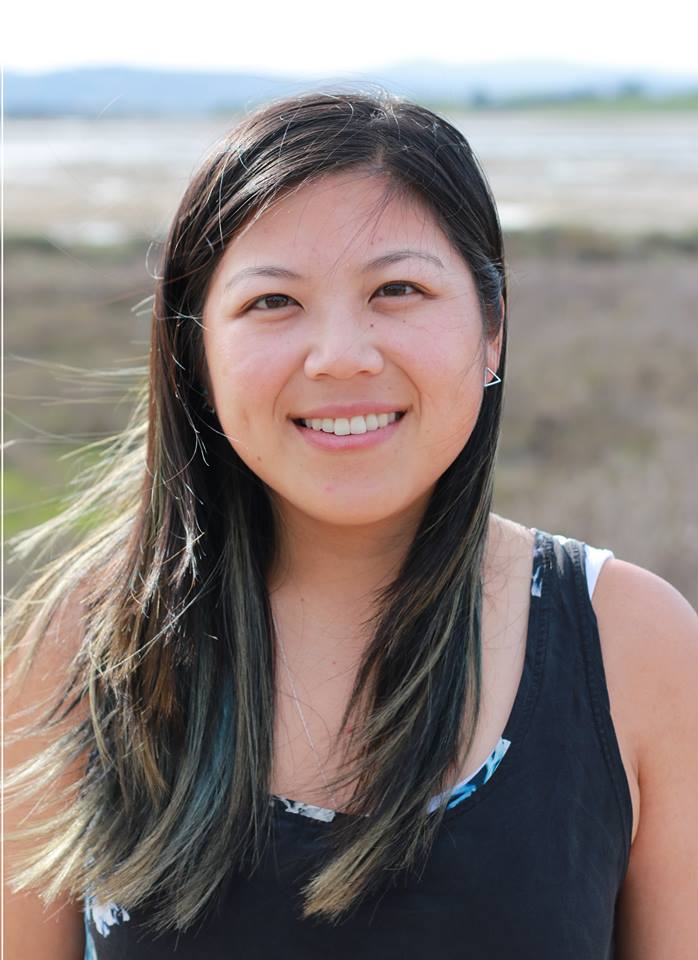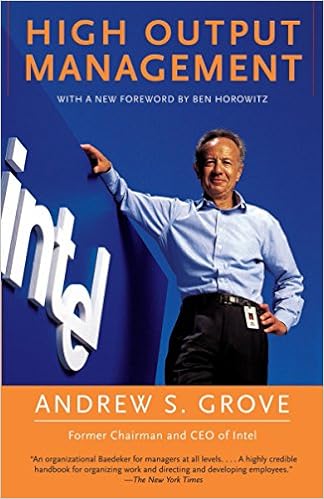
Unveiling the Secrets to New Manager Success
… [Read more](https://www.managersclub.com/unveiling-the-secrets-to-new-manager-success/ "Unveiling the Secrets to New Manager Success")


Location: San Francisco
Current Role: Head of Payments, Stripe
I first joined Facebook after completing my MS at Stanford in theoretical computer science and AI. I started off as an individual contributor, but transitioned into engineering management after realizing how much I enjoyed leading projects and helping other engineers develop. I got some early exposure to management even as an IC—I was a tech lead on News Feed where I worked on a rewrite of the product and internal API infrastructure, I mentored bootcamp classes, and led the women in tech community. Throughout my 6 years at Facebook, I contributed to the redesign of multiple platform infrastructural systems and worked on core product areas such as News Feed, Timeline, Privacy, and Sharing.
After leaving Facebook in 2015, I joined Stripe to lead their product engineering team, and as Head of Product also supported and grew the original product management team. Later on, I transitioned to become the Head of Payments, where we’re building the products and internal services that power Stripe’s global payments platform. As a member of Stripe’s leadership team, I contribute to areas such as company growth planning, engineering org leadership, working with strategic users and partners, and overall product strategy.
I think the role of an engineering manager is a unique and highly impactful one—you get to combine working on technical systems with supporting people and enabling them to do their best work. At an engineering-driven or technical product company, you also get to combine this with thinking through product and business strategy, and influencing the company’s bottom line.
Managing through change. I’ve been lucky enough to work at two companies that have seen tremendous growth—I saw Facebook grow from seven hundred to over ten thousand employees, only to then join Stripe and watch it grow from two hundred to over a thousand. Constant growth means needing to adjust to constant change, and helps you develop a good intuition for putting processes or systems in place that can do the job you need now, but also not become too rigid or limiting as you grow.
Balancing engineering quality against business need. With high-growth companies, your user base and product surface area only grows more demanding over time. There’s always a tradeoff to be made between building the next big feature and taking time to go clean up the last system or product you launched.
Have clear explicit goals for what you are looking for—this informs the recruiting targets you want to set and profiles you’re looking for, and can help refine your rubrics and hiring criteria. Don’t forget to focus on the candidate experience as well; by giving everyone equal access to information, you can even the playing field and help people feel more prepared and show their best work.
Don’t rush to become a “people manager” too quickly, especially if it comes at the cost of deeply understanding the work and daily technical problems your teammates are facing. I find that the best new managers are able to build off a solid technical base, and can jump in to help with technical issues when the team really needs it. Also, unfortunately, you can’t really rush through learning the people side of things. Some lessons and skills can only really hit home after you have experienced them first-hand, such as performance management.
I have a broad and varied schedule given my current set of responsibilities, the large size of my team (over 150 engineers), and being a part of the company leadership team. I split my time across a few areas: supporting my teammates through 1-1s and whatever they may need help with, contributing to product and business strategy through reviews and discussions, developing and hiring for the team, contributing to engineering-org wide initiatives, and working on deep-dive topics that relate to the current company priority areas.
I’ve always been focused on learning, and increasing the leverage of how I spend my time. This has led me to seek advice from the people around me at all stages of my career, and adjusting who I try to learn from as my role has evolved. As an IC new grad engineer, I tried to learn everything I could from the more experienced engineers who sat next to me on my team. Now, I reach out to executive leaders at established or fast-growing companies to learn from them and exchange tips. Leverage can mean a lot of things, and applies to both my personal time and the time of my teams—working to increase leverage has caused me to push for internal productivity efforts (e.g. better documentation, tooling, and automation) or technical projects (e.g. rewrites we did for News Feed and privacy at Facebook, architecture investments we’re making at Stripe).
I love Google tools. For both my personal and professional projects, I do everything using a combination of email, slides, docs, and spreadsheets, easily cross-referencing them and using collaborative editing.
I’ve never been much of a book-driven learner, and have typically learned the most from experiencing things first-hand and seeing things over time. I have started reading more management books recently, and really enjoyed High Output Management. It was particularly striking how many things still rang true despite how much has changed in technology since it was written. And, there was plenty that was so out-of-date it was just fun to read—for example, one chapter gives meticulous tips on how to maintain giant binders of printed out documentation to increase developer efficiency.

https://www.linkedin.com/in/rayleney/
https://medium.com/@emdashry
Also here are some links with more info if useful!
This series asks engineering managers to share their experiences with the intent of helping other engineering managers learn and improve. Have someone you want to see featured or questions you think we should ask? Contact me.

… [Read more](https://www.managersclub.com/unveiling-the-secrets-to-new-manager-success/ "Unveiling the Secrets to New Manager Success")

… [Read more](https://www.managersclub.com/accelerating-ai-in-your-team-strategies-for-success/ "Accelerating AI in Your Team: Strategies for Success")

In this video, Rajesh Janakiraman, an engineering manager at Google, shares his insights and experiences on leading business critical projects while ensuring his team remains motivated and doesn’t burn out. Business critical projects can be intense, high visibility deadlines that often shift roadmaps and include executive-level oversight. Building the right team, maintaining communication, and managing expectations around these challenging projects are crucial to preventing burnout and driving results.

Are you on the lookout for a collaborative, engaging community tailored specifically for your role? Look no further! Introducing the Managers Club Discord server dedicated to leadership in engineering. We’re a community of engineering managers, team leads, and CTOs who come together to share experiences, best practices, and insights.

Are you an Engineering Manager curious about gauging your effectiveness and success in your role? In this insightful episode, we dive deep into metrics and stakeholder management with Ivan Bilan, an experienced engineering manager. Discover the core metrics for measuring engineering manager performance in people leadership, product quality, delivery, and self-promotion, and learn the importance of stakeholder management in driving team success. In this video, we will be looking at how to measure success and performance for managers. We’ll be exploring different methods and tools that managers can use to measure their own success, as well as the success of their team. Don’t miss out on these valuable insights and strategies!

In this engaging conversation, experienced technical recruiter Kate Parton shares vital advice and insider tips for candidates seeking job opportunities in the tech industry. She discusses red flags to watch for, navigating compensation discussions, common misconceptions about the recruiting process, and how to make the most of your partnership with a recruiter. Discover the role of social media and the rise of AI in the hiring process. Kate shares valuable tips and advice on making your job search and interview process smoother and more successful. Tune in for an insider’s perspective on the world of recruitment and how to avoid common pitfalls!